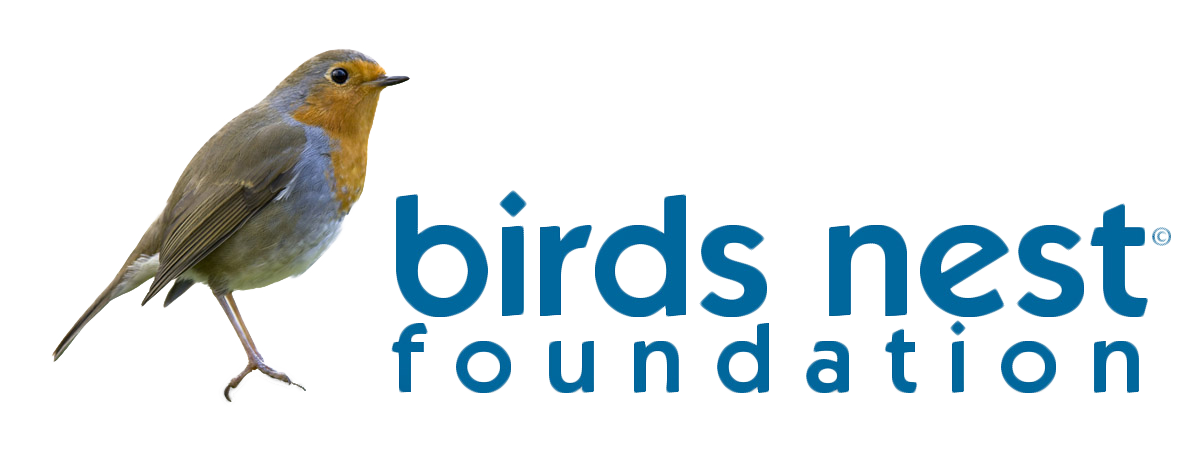Return to the Forest: World Elephant day
The largest terrestrial animal, Elephants need a lot of food and freedom to survive. The number of elephants has dropped by 62% over the last decade, and they could be mostly extinct by the end of the next decade. An estimated 100 African elephants are killed each day by poachers seeking their ivory, meat and body parts, leaving only 400,000 remained. World Elephant day was officially launched on August 12, 2012 to bring attention to the plight of Asian and African elephants worldwide, because both species face numerous threats pushing them towards extinction.
The Asian elephant, whose habitat ranges over 14 countries across Asia, is an endangered species with less than 40,000 remaining worldwide – less than a tenth of the African elephant population. Wild Asian elephants suffer severe habitat loss in some of the most densely human-populated regions on the planet. Asian elephants are also poached for their ivory, meat and body parts while baby elephants are captured from the wild and sold into the tourism industry.
There are some things we can do now:
– Study elephants in their “keystone” role in the environment and interrelationships with plants and other animals because all of nature is interconnected
– Learn about and supports organizations that are working to protect habitat for wild elephants and finding solutions for human-elephant conflict
– Support organizations that are working to stop the illegal poaching and trade of elephant ivory and other wildlife products
– Do not support organizations that exploit or abuse elephants and other animals for entertainment and profit
– Be an elephant aware consumer. Do not buy ivory or other wildlife products
– Be aware of elephant habitat. Do not buy coffee that is not fair-trade or shade-grown, nor products with palm-oil. These commercial crops are grown in plantations that have decimated elephant habitats. Only but wood products that have been certified by the Forest Stewardship Council, which promotes responsible management of the world’s forest – the natural habitat for elephants and other wildlife.
– Use your love of elephants and World Elephant Day, August 12, to start a conversation with the next person you meet. Tie a string around your finger right now so, like an elephant, you don’t forget!
Elephants are a keystone species. It means they create and maintain the ecosystems in which they live and make it possible for a myriad of plant and animal species to live in those environments as well. The loss of elephants gravely affects many species that depend on elephant-maintained ecosystems and causes major habitat chaos and a weakening to the structure and diversity of nature itself. To lose the elephant is to lose an environmental caretaker and an animal from which we have much to learn.
Get involved here to protect elephants, wildlife and their habitat. http://worldelephantday.org/
Sunmin Oh
Source:
http://wwf.panda.org/what_we_do/endangered_species/elephants/asian_elephants/asianeleph_threats/
